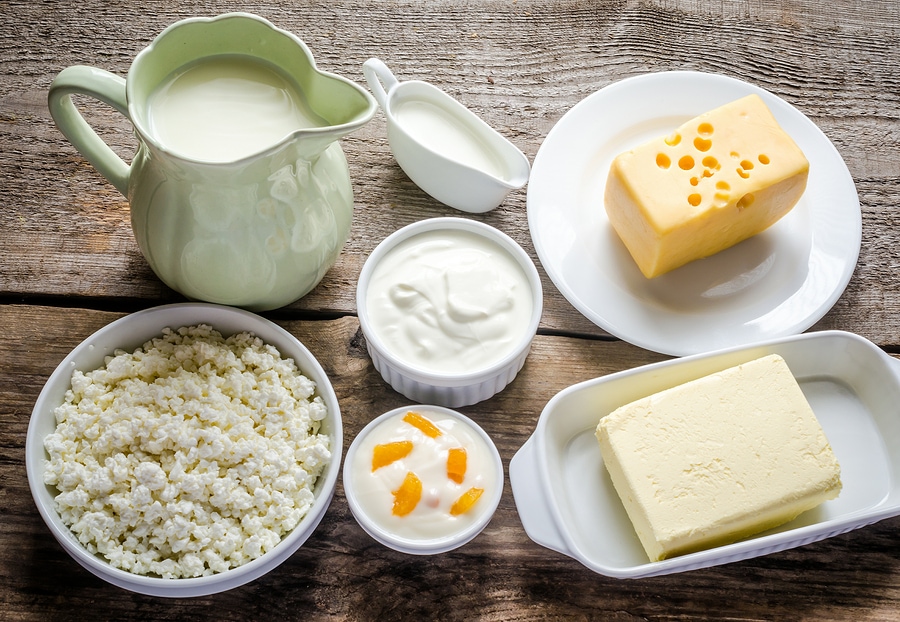How dairy could decrease blood pressure

Eating more dairy products – especially yoghurt and cheese or milk – could help lower blood pressure and keep our hearts healthier for longer, say Australian researchers.
That’s because dairy products, more than any other foods, contain the highest number of probiotics. And it’s these marvellous little micro-organisms that scientists insist are one of the keys to helping us fight strokes and other heart-related illness.
Lead researcher of the study, Dr Jing Sun confirmed: “The small collection of studies we looked at suggest regular consumption of probiotics can be part of a healthy lifestyle to help reduce high blood pressure, as well as maintain healthy blood pressure levels.
However, we have to eat them for more than two months continually – otherwise we don’t get the benefits for our blood pressure.
In what way do probiotics affect blood pressure?
Probiotics are found naturally in the human gut but are also a major constituent of most dairy products, especially the sour and fermented varieties. They are believed to work by lowering the body’s systolic and diastolic levels.
The antipodean researchers showed this did indeed appear to be the case when they studied more than 540 men and women in a series of nine trials at the Griffith health Institute and School of Medicine.
The outcome produced a clear correlation between the amount of probiotic foods consumed and a reduction in blood pressure of those taking part in the trials. Encouragingly the results were most marked in those with the highest blood pressure levels – the participants with the most to gain.
A mixture of probiotic strains are more effective
Interestingly, another finding of the study – which appeared in the health journal Hypertension – was that a mixture of different types of pro-biotics were deemed more effective in gaining a reduction in blood pressure levels than simply the one bacterial strain.
How probiotics can help the body in other ways
So encouraging were the results of the studies that researchers went on to suggest that the micro-organisms may also benefit other systems of the body such as hormones, cholesterol and glucose levels.
British Heart Foundation senior dietician Victoria Taylor cautiously welcomed the research.
She said: “With only a handful of studies involving a limited number of participants and conducted for only short periods, we need more research to confirm the findings seen here.”
She went on to stress other well-documented nutritional methods for reducing blood pressure such as increasing the amount of fruit and vegetables we eat and lowering salt levels.
‘”In the meantime, there are a number of well-established lifestyle changes that we can make to keep our blood pressure healthy.”

